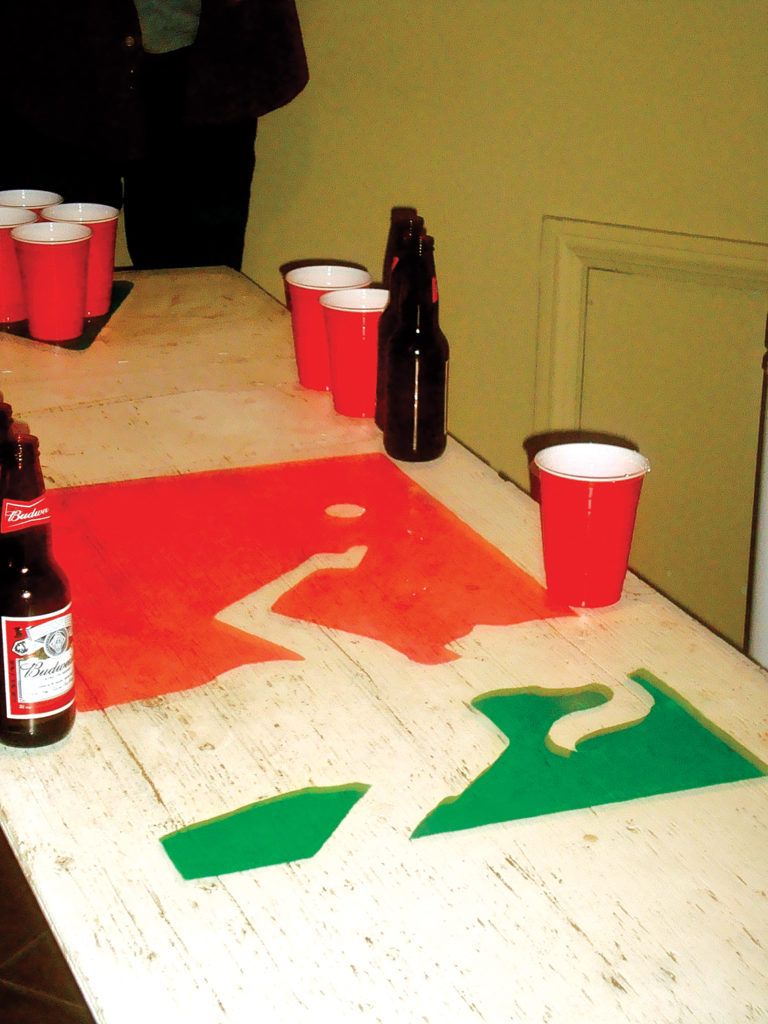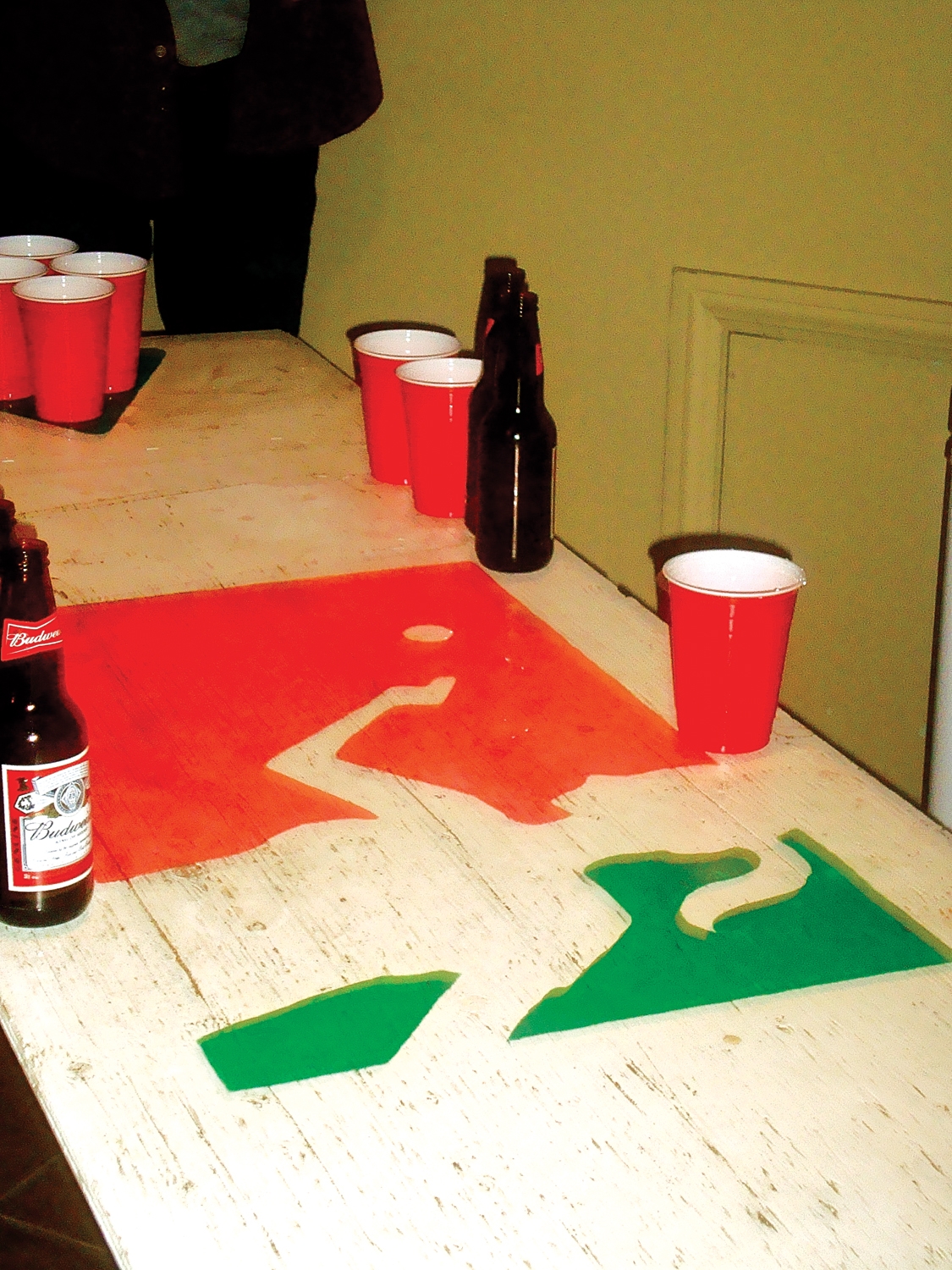Beer pong is so much more than just, well, beer pong
Donato Bisogno
Contributor

Redemption—It is the single greatest rule in sports history. If you miss the shot, the game is over. But if you hit it, you are a glorified hero. There is no “sink a full court basket for over-time” rule awarded to the losing team in a basketball game, or “hit three home runs in a row to go to the 10th inning” in baseball. The opportunity to challenge the final strike and proceed to win the game is unique to the sport of beer pong.
To simplify the rules, the object of the game is to throw the ping-pong ball into the opponent’s cups, making them drink the beer (or other beverage) inside. When the ball has been sunk in the final cup, the losing team has the opportunity to sink their next shot in order to void their defeat and proceed with the game. If they miss both shots (assuming there are two players per team), they lose the game, and drink the last cup.
It seems like an easy game to play, but it is one of the most frustratingly challenging games in existence. The ratio of rim to opening of the cup is microscopic, but the ball always seems to hit the wrong edge. They say the best crowd for a magician is a drunk audience. The same can be said for beer pong. The magic really happens the more you play—it is the perfect game for the average Joe if there ever was one.
But how would beer pong be classified as a sport? Well for one thing, January 1, 2012 means the seventh annual World Series of beer pong (WSOBP) in Las Vegas, Nevada hosted by BPong, an organization devoted to the production and coordination of an International beer pong league. The WSOBP is the longest running beer pong tournament in the world, with participants from all over North America and many teams from Europe coming together to toss balls and drink beer with their crooked eyes on the prize (last year’s was $65,000).
Unfortunately, the sport is not recognized by the Association of IOC Recognized International Sports Federations (ARISF) yet. The primary beer pong players of the world are between the ages of 18 and 25, most commonly college and university students playing a “round of beer pong” before heading out to the bars on a weekend.
Marcus Jewell, a student at the University of Guelph, has taken it upon himself to create his own beer pong league by hosting tournaments throughout the school year with his own set of rules. To assist with organizing team names and provide a reason for dressing in costumes, the tournaments are thematic. For example, this past weekend’s events were movie-themed (every team name must be a movie title mixed with the word “beer,” ex. Beauty and the Beer).
“We just felt like it was a good idea,” says Jewell. “It would give people a basis for choosing team names, sometimes it’s hard to come up with good one.”
Jewell’s operation is thorough and extensive. Though he too participates in the events, it requires a certain responsibility to keep things running smoothly, and this gave birth to his system. It would be less than a tournament if it were organized by simply “calling next game,” so he pairs between twenty and thirty teams at six different tables, who battle it out on a “March Madness” style elimination chart.
However, the true factor that should qualify beer pong as a sport is that it brings people together. It is, in fact, the reason we watch sports. Because of the collective force of a team and its fan base coming together to be proud of what they represent. When asked ‘why do people love beer pong’, he answered, “Because it’s competitive, it’s a conversation starter, gets people out of their seats, laughing, and talking. That’s why it’s become a tradition to play a round of beer pong before going out for the night.”
Beer pong has continually dominated social gatherings as the prominent drinking game to play, and it will not be long before it is recognized for its potential as more than just a conversation starter. With organizations like BPong and people like Marcus Jewell working their hardest to acknowledge beer pong as a sport, there are high hopes for this underdog of the sporting world.


